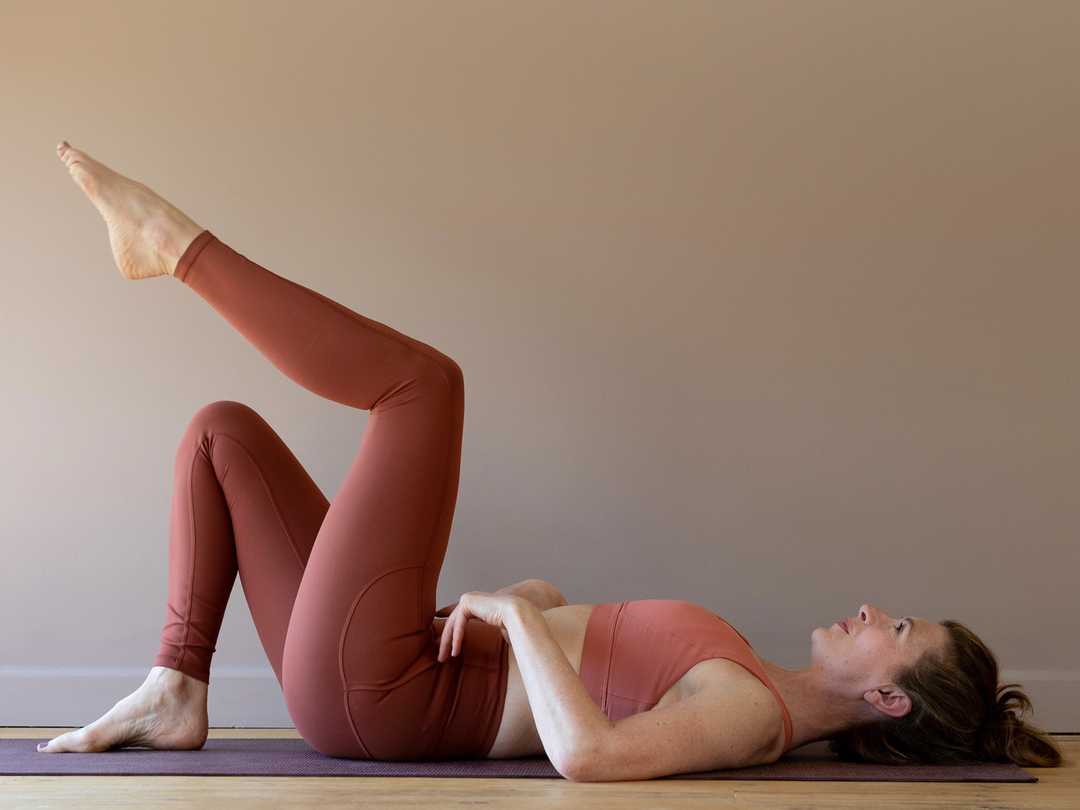Exercise is key, or at least it was for me. I found that gentle exercise, not pushing too hard and getting out into nature helped me tremendously. This is because exercise counteracts insulin sensitivity and reduces inflammation. So a daily walk in nature is key. I also found that going to the gym helped. As the hormones change and bone density becomes an issue then lifting weights is another key point. Strength training helps to improve brain function and can help with hot flushes. I found that daily exercise helped to manage my symptoms and decreased anxiety.
Nutrition
Nutrition is another aspect to consider. Dark cruciferous vegetables, spinach packed with magnesium, organic fish and meat full of protein all help to stabilise blood sugars and off set inflammation. I found organic soya milk with no sugar helped my hot flushes and night sweats. Sadly, a nice glass of wine appeared to make my symptoms worse, so for a while you might find decreasing alcohol and sugar lessens your symptoms.
A good nights sleep is key but this is ironic as sleep is disturbed due to night sweats. I found that a warm bath and herbal tea helped to get my body into its ‘sleep mode’ but that is not to say I did not struggle with night sweats !! Again, everyone’s experience will be different.
The important thing to remember is that each peri-menopause is unique and individual to you. Of course it would be nice to be able to request an individual hormonal testing and see your GP. Seeking medical advice is key from your doctor who is a qualified medical professional. However, sadly this is not always possible. The gold standard is to get blood tests done on day 21 of your cycle to measure progesterone levels or to measure your urine daily to test your hormonal levels throughout the month. Both these tests at the moment of writing (January 2023) are not available on the NHS.
Key points:
Manage stress
Exercise daily (preferably outside)
Eat protein & green leafy vegetables
Avoid alcohol & sugar
Sleep
Empower yourself with knowledge from reliable sources



